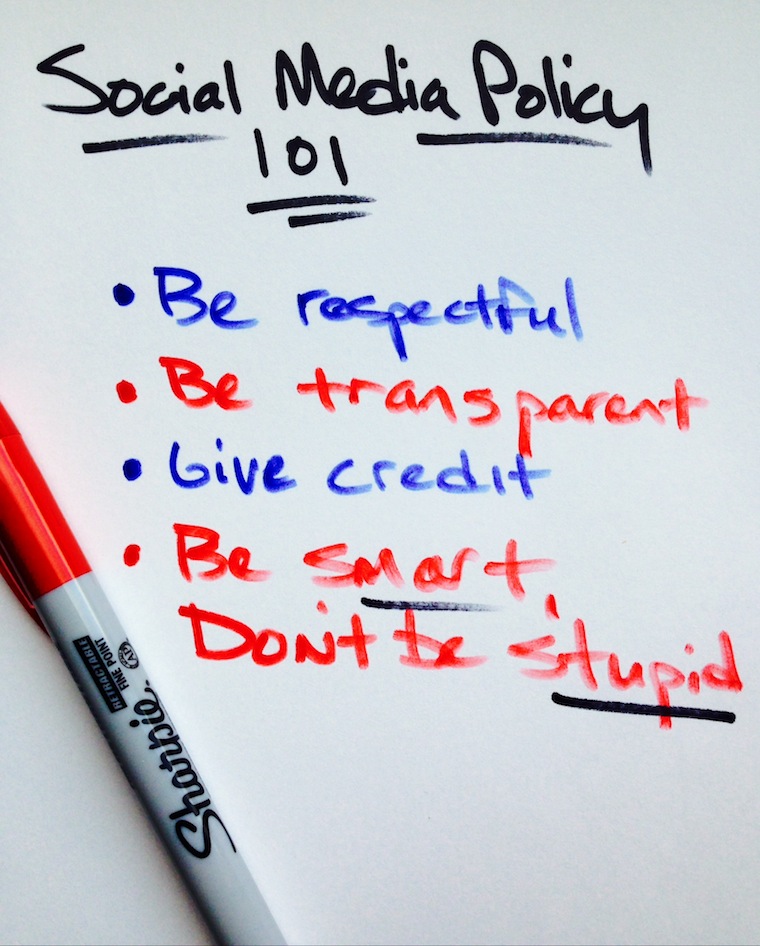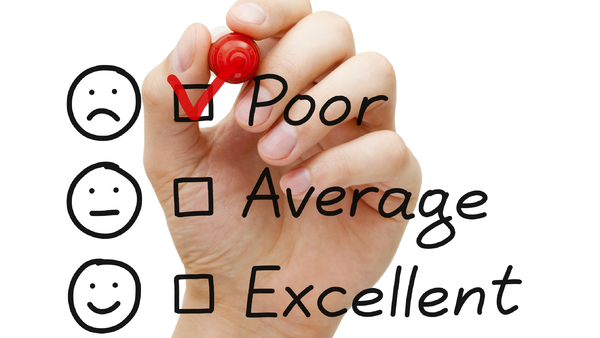All businesses survive or thrive based on the capabilities oftheir personnel, and that includes credit unions.
|Staff members are not only the credit union's most expensiveresource, but also its most volatile, and numerous laws andregulations exist to make sure staff members are treated fairly andequitably in the workplace.
|However, human resources issues are growing in complexity,putting added pressure on both HR personnel and executive staff tofollow the letter of employment law without compromising thesafety, soundness and security of the credit union, according toattorney Robert E. Gregg, an employment law specialist with theMadison, Wis.-based law firm Boardman & Clark LLP.
|Often, it's the little things that can cause the biggestheadaches.
|“My view of the important issues are not always the ones seen byHR people as being important,” Gregg said. “I'm concerned about theday-to-day items like documentation, communication andconfidentiality.”
|But there are other trends afoot unique to the current businessclimate to which credit unions should pay special attention, Greggsaid. Here are five issues that will likely keep HR directors busythroughout 2015.
| 1. More OvertimeCosts? Wage and hour laws have everything to do withtreating employees equitably, and possible changes to the FairLabor Standards Act could lead to the reclassification of somesalaried staff as non-exempt. That means that employees who heretofore have beenworking however many hours it takes to get their jobs done couldsuddenly be eligible for overtime pay, and that could be challenge credit unions at boththe financial and personnel levels.
1. More OvertimeCosts? Wage and hour laws have everything to do withtreating employees equitably, and possible changes to the FairLabor Standards Act could lead to the reclassification of somesalaried staff as non-exempt. That means that employees who heretofore have beenworking however many hours it takes to get their jobs done couldsuddenly be eligible for overtime pay, and that could be challenge credit unions at boththe financial and personnel levels.
”The Department of Labor is in the process of issuing newregulations, but they haven't come out yet,” Gregg said. “Everyoneis waiting to see what the changes will mean to their employeeclassifications.”
|Employees are exempt from FSLArequirements based on the tasks and responsibilities outlined intheir job description, as well as the salary level at which theposition is pegged.
|Right now the current salary threshold for exempt employees is$25,000, a figure that's remarkably low, Gregg noted.
|“We anticipate there will be a major change in who can beclassified as exempt salaried employees,” Gregg explained. “If theDepartment of Labor raises that threshold astronomically, it maymean that a lot of companies may have to start paying overtime tocurrent managers for the same amount of work that they're used togetting.”
|Changes in wage and hour laws don't happen very often, theattorney said. The last revision was in 2004, although aspects ofthe law have not been updated with the 1930s.
|The current scenario has a lot of managers, especially ofsmaller enterprises, worried about the impact the changes may haveon their wage and salary budgets.
|“Many rules do not match the modern workplace, and every timethey are revised it creates a number of changes,” Gregg said.“What's coming down the road could throw a lot of the currentpractices out and make people rethink and reconfigure their staffprofiles.”
| 2.Who owns your data in an increasingly electronic world?These days every aspect of both personal and professional lives isgoverned by electronics, and that can pose problems for creditunions unaware of the nebulous nature of data ownership.
2.Who owns your data in an increasingly electronic world?These days every aspect of both personal and professional lives isgoverned by electronics, and that can pose problems for creditunions unaware of the nebulous nature of data ownership.
“The main question facing employers is how to control theelectronic system, prevent the improper use of that system andmaintain the ownership of the work that is done within the creditunion,” Gregg said.
|Employers who allow or even require employees to use their ownelectronic devices for business purposes in the workplace face abig liability.
|Employees allowed or required to mix company data with personalinformation have entered a gray area when it comes to dataownership, one that won't necessarily favor the employer.
|“If I as an employee am required to network and socialize withyour clients or customers and I move on to another employer, canyou claim that any list of customers or employer information isreally yours if it is on my device?” Gregg asked. “Usingpersonal devices for business purposes is incredibly dangerousand proliferates the inability to enforce confidentiality.”
|Such data mix-and-mingle policies aren't very healthy for theemployees, either.
|In more litigious situations, Gregg said, employees may berequired to turn over their personal electronics and let the courtsort the information out, including any embarrassing selfies thatmight appear on the devices.
|“This is a continuing headache for people in charge of managingthese processes and HR staff who have to deal with employees,”Gregg added.
| 3. How anti-socialcan workplace social mediaget? If an employee at work posts on hispersonal social media account that his boss is a moron, does themaligned boss have any disciplinary options?
3. How anti-socialcan workplace social mediaget? If an employee at work posts on hispersonal social media account that his boss is a moron, does themaligned boss have any disciplinary options?
“A response could be considered a protection of the employer, orit could be considered an invasion of the employee's privacy,”Gregg said. “If there is a line that's drawn, it's getting muchharder to find.”
|National Labor Relations Act standards go a long way to protectthe rights of the employees regardless of whether or not they havea union, Gregg explained. Employees can be their own worst enemies,however, if they brag about playing 18 holes after calling in sick,and that can come back to bite them. But their right to free speechin the electronic format remains sacrosanct, the attorney said.
|“Employees have the absolute right to complain about wages,hours and conditions of employment over social media, and the NLRBhas been coming down and assessing penalties in situations whereemployers try to suppress those opinions,” Gregg said. “You can'tprohibit employees from badmouthing their companies on social mediabecause they have a right to, and that drives companies nuts.”
| 4. Why can't I fireemployees that I have specifically told can't talk about theirsalaries? NLRB weighs in this issue, too, especially whenit comes to employment policies and job handbooks. And the day offorbidding staff to discuss salaries is long past, Gregg said.
4. Why can't I fireemployees that I have specifically told can't talk about theirsalaries? NLRB weighs in this issue, too, especially whenit comes to employment policies and job handbooks. And the day offorbidding staff to discuss salaries is long past, Gregg said.
“I can't talk about my salary? That's a violation of my rights,”Gregg said. “Any attempt to discouraging staff from badmouthingtheir organization is prohibited. You can call the boss a jerk andunless you use a sexual, racial or religious slur you are probablycovered.”
|5. How about that ObamaCare? No matterwhat your political persuasion, pending Supreme Court decisionsregarding repealing parts of the Patient Protection and AffordableCare Act, or ObamaCare, could change the face of the health care coverageyou offer employees, Gregg said.
|“The Supreme Court will either leave things as they are, or theywill throw a very large wrench in the gears,” Gregg said. “Everyonehas been preparing for the Affordable Care Act, and if they do thatit's all up in the air.”
|Private employers like credit unions that have been adjustinghealth care policies, making required adjustments to what theythought would be the new reality.
|But despite almost 50 attempts in the U.S. House and Senate torepeal the health care law, the court's ruling on King V. Burwellcould start a domino effect that may cause the whole plan tocollapse. And that could change the face of health care even forthose who aren't ACA participants.
|“Employers have made adjustments to accommodate the program, butit if all falls apart, we don't know what that will mean foremployer-sponsored plans,” he said.
Complete your profile to continue reading and get FREE access to CUTimes.com, part of your ALM digital membership.
Your access to unlimited CUTimes.com content isn’t changing.
Once you are an ALM digital member, you’ll receive:
- Critical CUTimes.com information including comprehensive product and service provider listings via the Marketplace Directory, CU Careers, resources from industry leaders, webcasts, and breaking news, analysis and more with our informative Newsletters.
- Exclusive discounts on ALM and CU Times events.
- Access to other award-winning ALM websites including Law.com and GlobeSt.com.
Already have an account? Sign In
© 2024 ALM Global, LLC, All Rights Reserved. Request academic re-use from www.copyright.com. All other uses, submit a request to [email protected]. For more information visit Asset & Logo Licensing.









